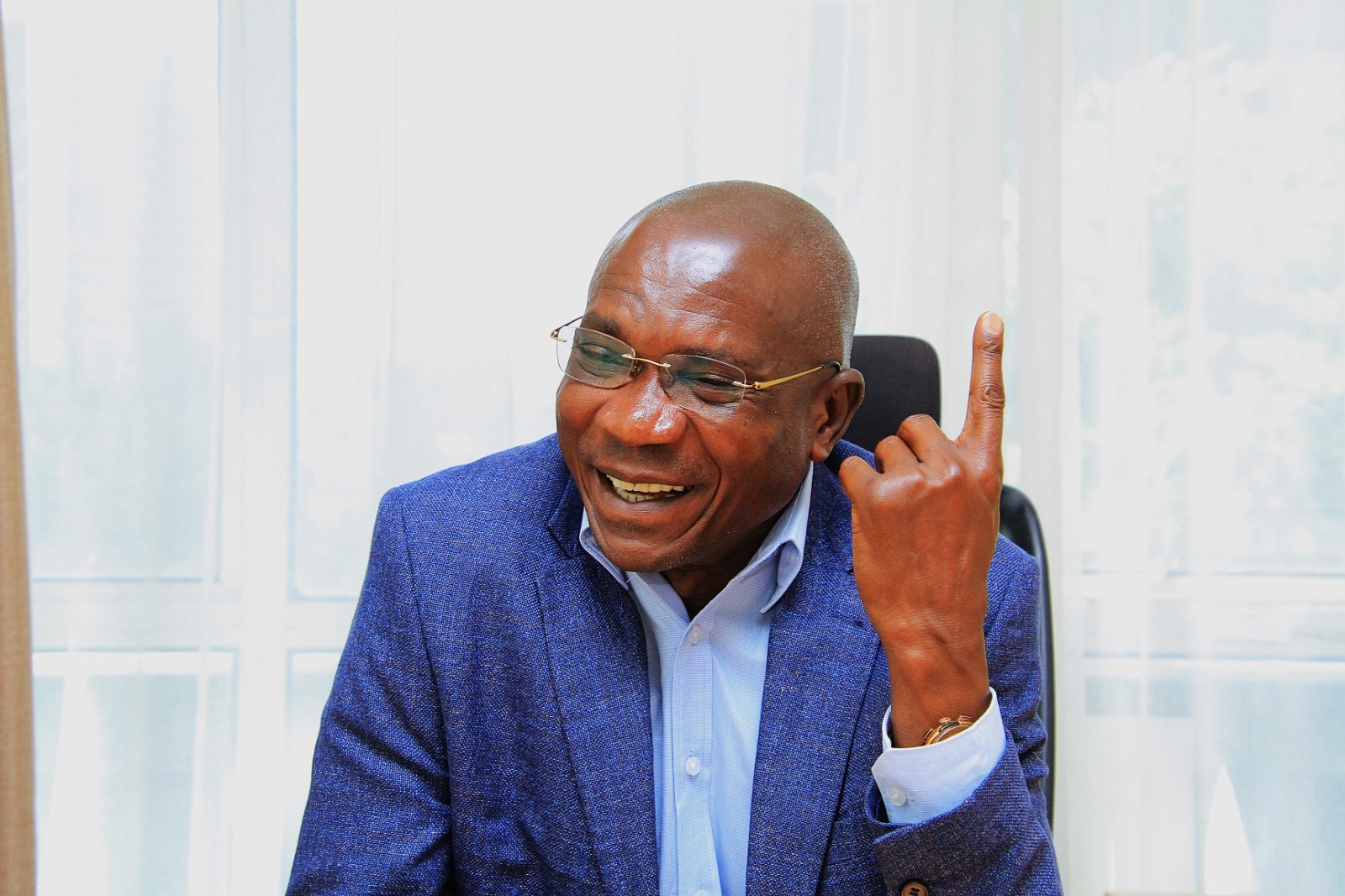Members of the National Assembly’s Health Committee and a parliamentary caucus against drug abuse have announced plans to formulate legislative proposals aimed at curbing substance abuse in Kenya.
Among the proposals is the introduction of amnesty for drug users, which the legislators say should replace imprisonment.
At a meeting with the Speaker of the National Assembly of Mauritius, Sooroojdev Phokeer, the lawmakers called for a paradigm shift in tackling drug abuse.
They highlighted the need to broaden options for the thousands of young people imprisoned for drug offences.
The legislators, led by Buuri MP Rindikiri Mugambi, are on a benchmarking visit in Mauritius.
Mugambi expressed the intent for Kenyan parliamentarians to gain insights on how they could develop legislative tools to combat drug abuse in Kenya.
"We're here to learn about harm reduction, inspired by Mauritius' robust approach to dealing with drug addiction—a major issue in our country that demands local and international measures," said Mugambi.
He commended Mauritius' Ministry of Health and Wellness for their comprehensive assistance and well-coordinated harm reduction structure.
The lawmakers underscored the need for collaboration between Kenya and Mauritius, urging both countries to strengthen parliamentary cooperation.
Nyeri Town MP Duncan Mathenge praised strategies employed by Mauritius in securing its airspace, enacting laws, and formulating policies to combat drug abuse.
“Unlike Kenya, Mauritius extensively funds rehabilitation and treats drug abuse as a chronic mental health condition. Their approach, which includes a budget allocation for treatment, differs significantly from Kenya's heavily privatised addiction rehab services,” Mathenge noted.
He emphasised the importance of making addiction rehabilitation services more accessible across Kenya.
Seme MP James Nyikal called for policies and frameworks to address the challenges faced by both countries in combating drug abuse.
Nyikal also praised the structures and legal frameworks established by Mauritius' health ministry, which considers addiction as a chronic brain illness.
“We must implement similar structures and frameworks in Kenya,” Nyikal insisted.
Webuye East MP Martin Wanyonyi Pepela highlighted Kenya's potential to achieve developmental goals without heavy reliance on donor funding.
He noted Mauritius' success in providing free, accessible, and sustainable healthcare, primarily funded by the government.
Phokeer acknowledged the significance of combatting drug abuse, noting that it is a global challenge.
He said the benchmarking visit provided an opportunity for Kenya and Mauritius to exchange best practices in drug abuse harm reduction.
The Kenyan MPs were accompanied by officials from the Ministry of Health, the National Syndemic Diseases Control Council, and the United Nations Mission in Kenya.
















